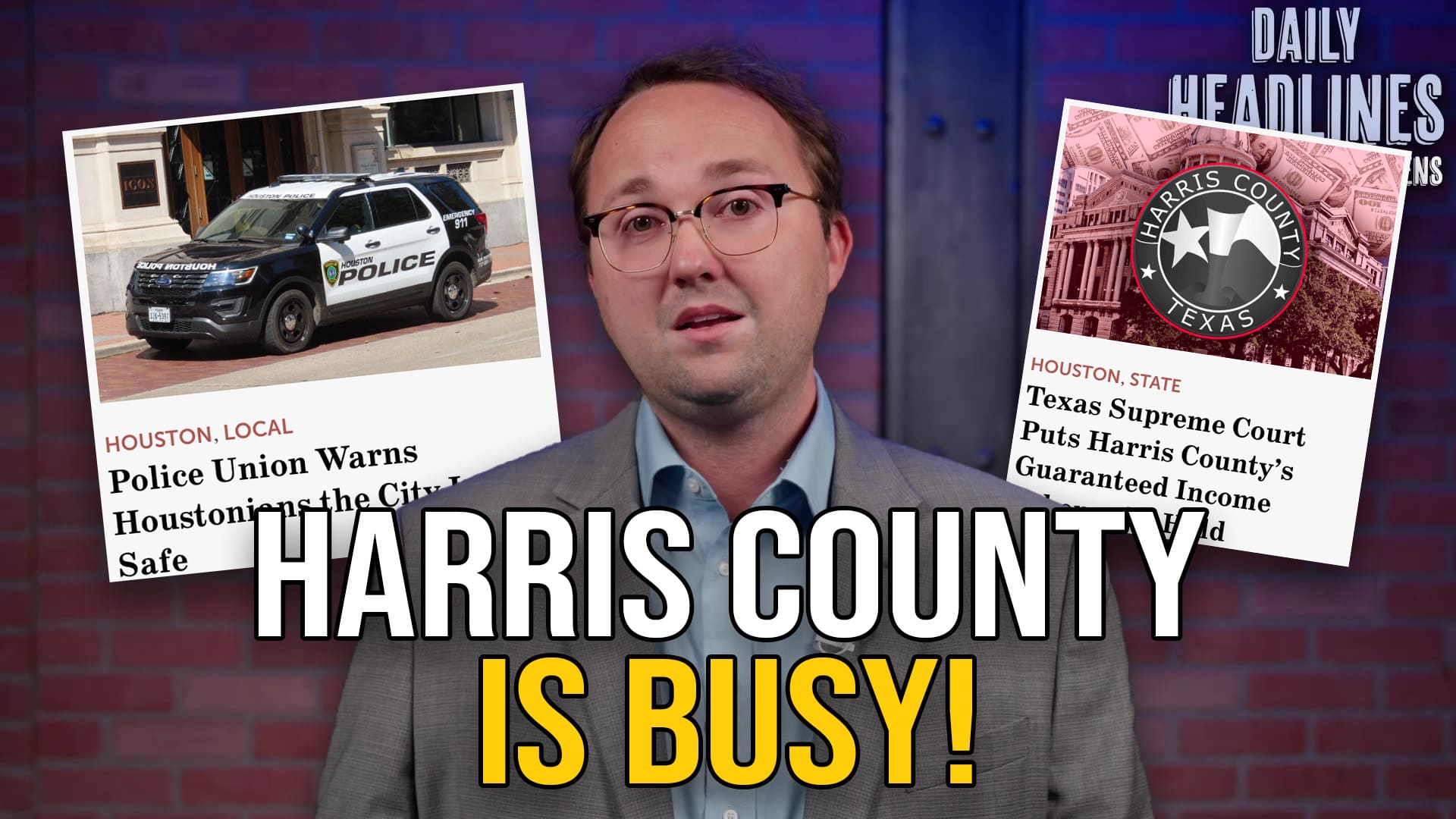AUSTIN — As social media giants continue to muzzle conservatives online, citizens are again reminded that lawmakers in the Texas House are still allowing companies to target Texans who simply don’t agree with Democrats.
State Lawmakers Failed the First Time
The overall issue sparked several months ago when companies such as Twitter, Facebook, Google, Amazon, and Apple began censoring citizens who did not agree with them—most notably, deleting the Twitter account of President Donald Trump.
Subsequently, state lawmakers proposed a law in their legislative session this spring to protect citizens’ First Amendment rights and stop the companies from discriminating. However, despite the proposal being one of Lt. Gov. Dan Patrick’s top stated priorities, Republican lawmakers in the Republican-controlled House of Representatives killed the effort.
During that time, Texas Scorecard reported that Gov. Greg Abbott, while publicly bashing Facebook for their censorship, was privately working with them to build a new campus in Texas—potentially at taxpayers’ expense.
“Once again, Texans were failed by cowards in Austin,” wrote Don Huffines, former state senator and current candidate for governor, at the end of the spring regular session. “Republican politicians, despite having trifecta control in Texas, worked with Democrats to kill a number of key GOP bills.”
Meanwhile, The Silencing Continues
Yet as state politicians did nothing to stop the discrimination, Texans were recently reminded of the alarming issue, when Twitter silenced national conservative voice Allie Beth Stuckey last week simply for stating the biological fact that a man is a man.
“Twitter has suspended me for 12 hours for saying [Olympic weightlifter] Laurel Hubbard is a man, which is objectively true,” wrote Stuckey, referring to the controversial male athlete who was allowed to compete in the women’s competition. “What’s that Orwell quote? Something about the further people get from the truth the more people will hate those who say it?”
“Remember, you can threaten, dox, harass, post porn, spread Chinese propaganda and tweet as a member of a terrorist regime here on Twitter, but you cannot call a man, ‘he,’ because that is ‘promoting violence,’” Stuckey posted afterward.
And while some argue tech companies such as Facebook and Twitter have the right to ban or censor whomever they want, former State Rep. Jonathan Stickland said it’s not that simple.
“You see, for years, our government has provided special treatment to both of these companies. In fact, it has literally taken money from taxpayers and handed it over to Facebook and Twitter to build their companies,” Stickland wrote in a January post.
“Crony capitalism ruins so much. … Politicians helped create Facebook and Twitter, and now those ‘private companies’ have silenced and deplatformed the leader of the free world, the U.S. president. Along with many other conservative voices,” Stickland added. “Things aren’t simple anymore.”
Will State Lawmakers Do Their Job This Time?
As the state Legislature now enters its second special session, and after Gov. Abbott listed the censorship topic as one of his special session priorities, the Texas Senate is again trying to pass free speech protections into law.
On Wednesday, they approved Senate Bill 5, which would require the publicly funded social media companies to publicly disclose their various content management practices and policies—such as how they decide which content to promote or suppress—and would expressly prohibited them from targeting people solely because of their political beliefs.
“An interactive computer service may not censor a user, a user’s expression, or a user’s ability to receive the expression of another person based on: (1) the viewpoint of the user or another person; (2) the viewpoint represented in the user ’s expression or another person ’s expression; or (3) a user ’s geographic location in this state or any part of this state,” reads SB 5.
“Social media is the modern public square and I will continue to stand so every Texan has the right to participate,” tweeted State Sen. Bryan Hughes (R–Mineola), the bill’s author.
The proposed law does give exception to allow certain censoring “that the interactive computer service is specifically authorized to censor by federal law.”
Now the attention again turns to the Republican-controlled Texas House to approve the law. But as of now, the House is at a standstill in the middle of a soap opera-esque political theater, as a majority of Democrat representatives have fled the Capitol and stalled the House’s work.
With less than a month remaining in the current special session, concerned citizens may contact their elected officials.





